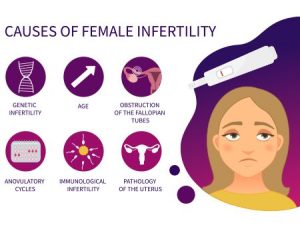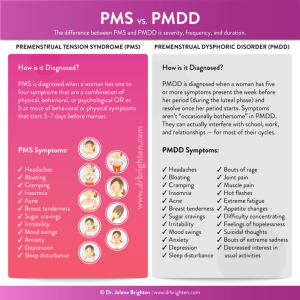Herbal remedies for easing symptoms of premenstrual syndrome (PMS)

Premenstrual syndrome (PMS) affects millions of women worldwide, causing physical and emotional symptoms that can disrupt daily life. While there are various pharmaceutical options to alleviate these symptoms, many women prefer a more natural approach. In recent years, herbal remedies have gained popularity for their potential effectiveness in managing and reducing PMS symptoms. In this article, we will explore some of the top herbal remedies that may help in easing the discomfort associated with PMS.
1. Chasteberry
Chasteberry, also known as Vitex agnus-castus or monk’s pepper, has been used for centuries to treat various women’s health issues, including PMS. It may help balance hormone levels by regulating the production of prolactin, a hormone linked to breast pain and tenderness. Studies have found that chasteberry can potentially reduce breast pain, bloating, and irritability commonly experienced during PMS.
2. Dong Quai
Dong Quai, also referred to as “female ginseng,” is a herb widely used in traditional Chinese medicine. It contains compounds that mimic estrogen, which can help alleviate symptoms like cramping, mood swings, and fatigue. Dong Quai has been praised for its ability to improve blood circulation and relieve muscle tension, making it a popular choice among women seeking relief from PMS symptoms.
3. Evening Primrose Oil
Evening primrose oil is derived from the seeds of the evening primrose plant. It is rich in essential fatty acids, particularly gamma-linolenic acid (GLA). GLA has been associated with pain and inflammation reduction, making it a potential remedy for breast tenderness, bloating, and headaches during PMS. Some studies suggest that regular consumption of evening primrose oil may help regulate hormonal imbalances and alleviate mood swings as well.
4. Black Cohosh
Black cohosh is a herb that has been traditionally used by Native Americans to treat various women’s health issues, including menopause symptoms. However, it may also provide relief for women experiencing PMS-related symptoms. Black cohosh contains compounds that have estrogen-like effects, which may help reduce hot flashes, irritability, and sleep disturbances associated with PMS. Although more research is needed, it is worth considering as a potential herbal remedy for PMS.
5. Ginger
Ginger, a versatile herb used in traditional medicine for its various health benefits, has shown promise in easing PMS symptoms as well. It possesses anti-inflammatory properties that may help alleviate menstrual cramps and reduce pain. Furthermore, ginger has been found to have mood-enhancing effects and may combat mood swings and irritability during PMS. Incorporating ginger into your diet or consuming it as a tea may provide some relief from uncomfortable PMS symptoms.
Conclusion
While premenstrual syndrome can be challenging to deal with, exploring natural remedies, such as herbal options, may offer a ray of hope for women looking for alternatives to pharmaceutical interventions. Chasteberry, Dong Quai, evening primrose oil, black cohosh, and ginger are just a few examples of herbal remedies that have shown potential in easing the symptoms of PMS. However, as with any herbal supplement, it is important to consult with a healthcare professional before incorporating them into your routine, especially if you have any existing medical conditions or are taking prescribed medications. Empower yourself with knowledge and consider herbal remedies as one of the possible tools to help ease the discomfort caused by PMS.






